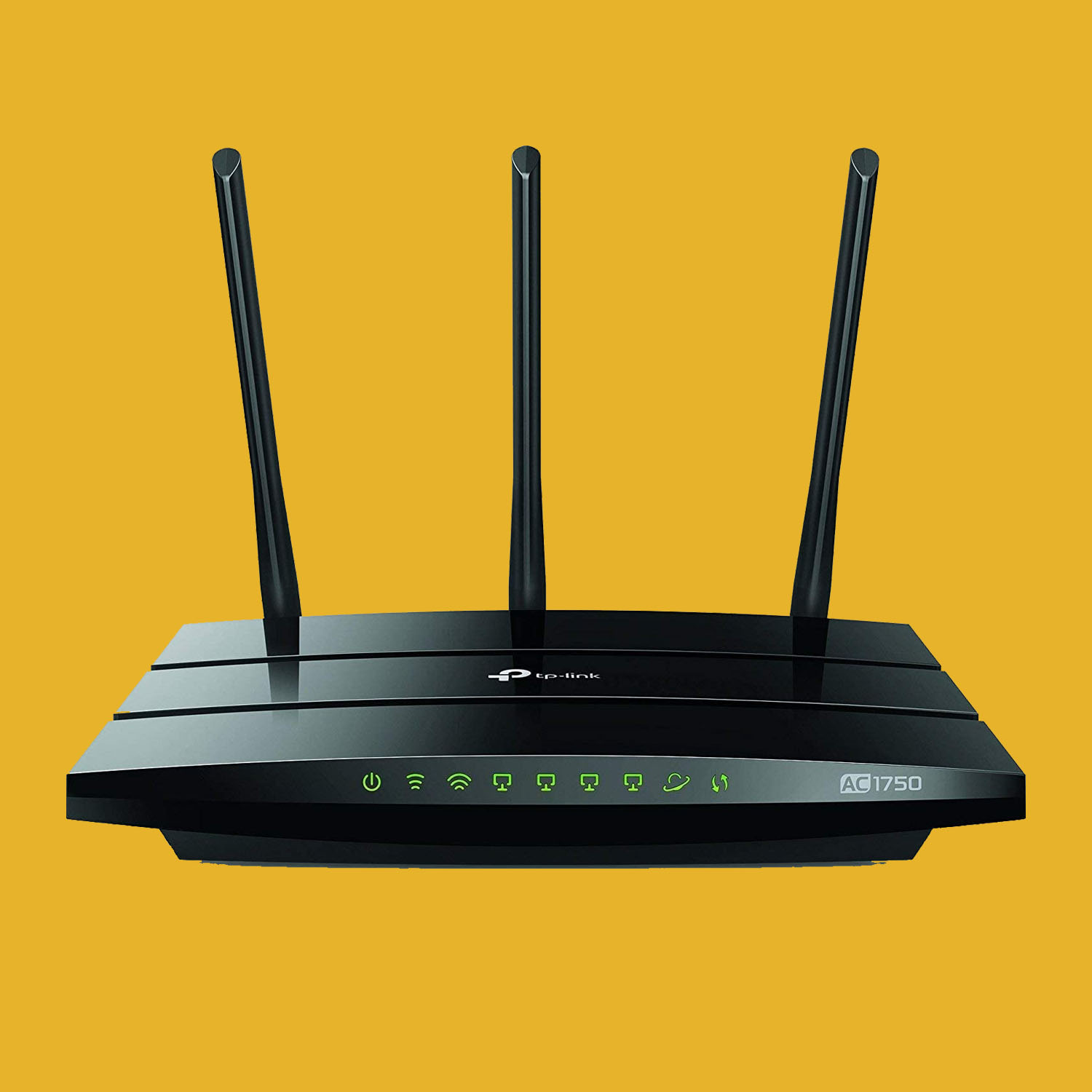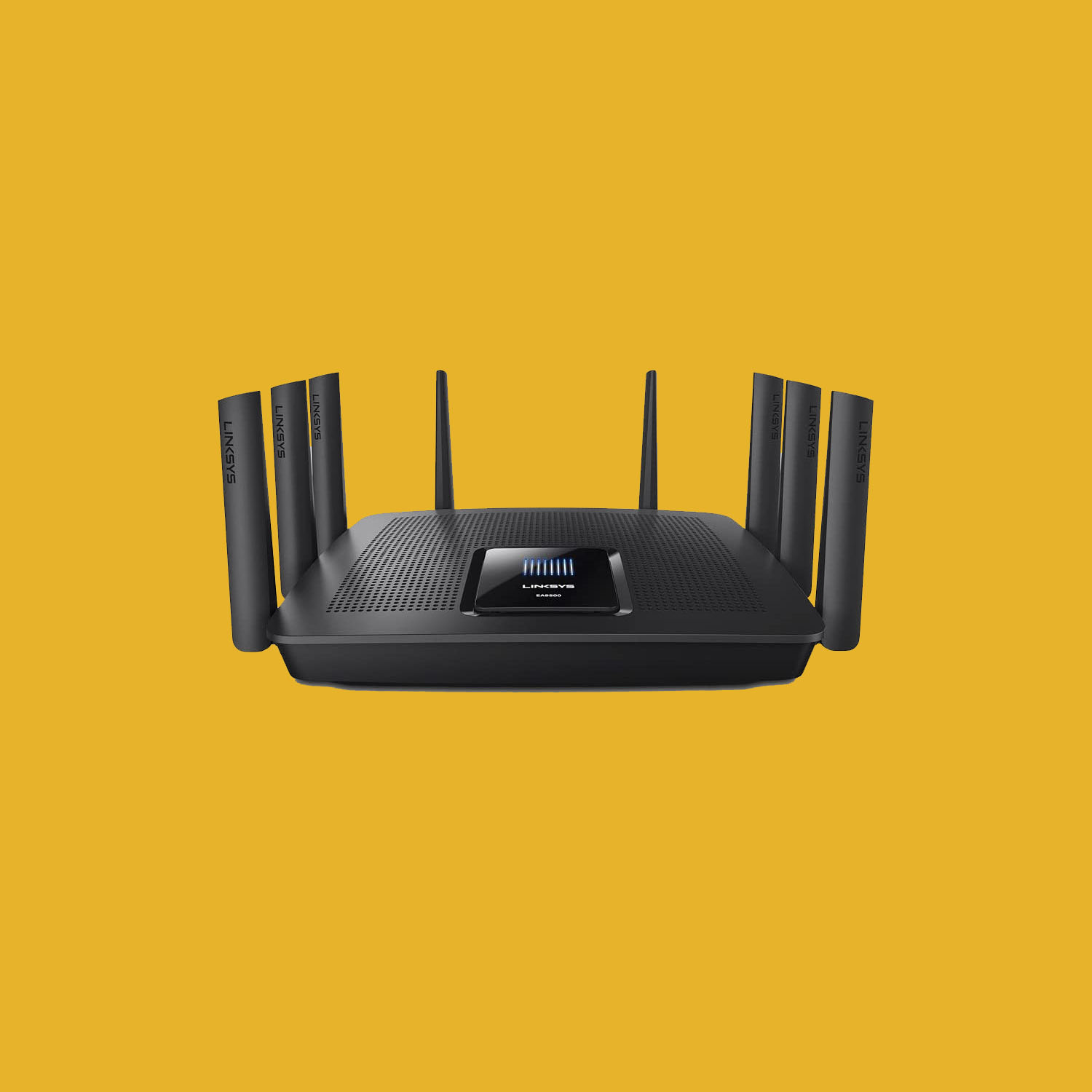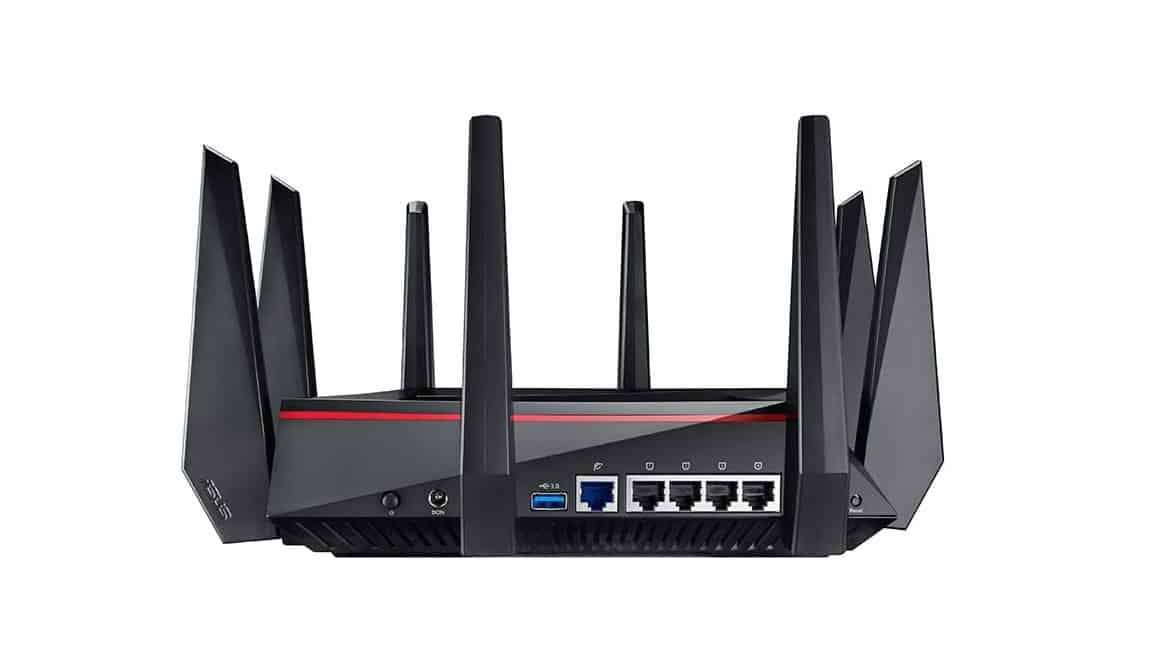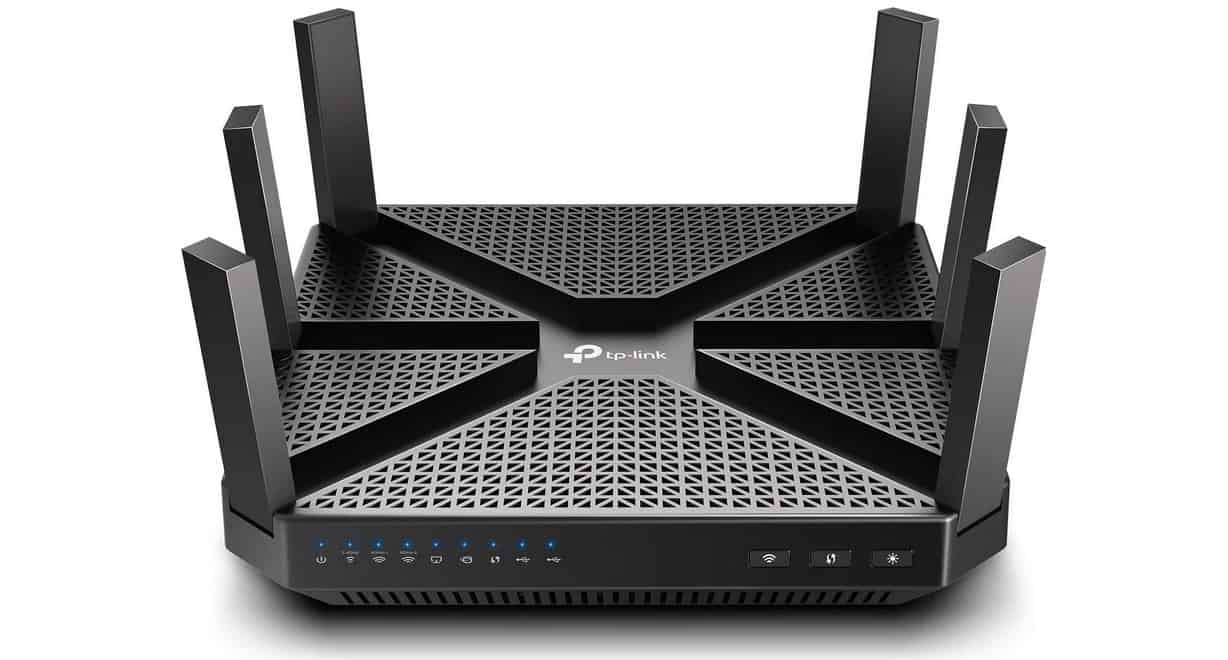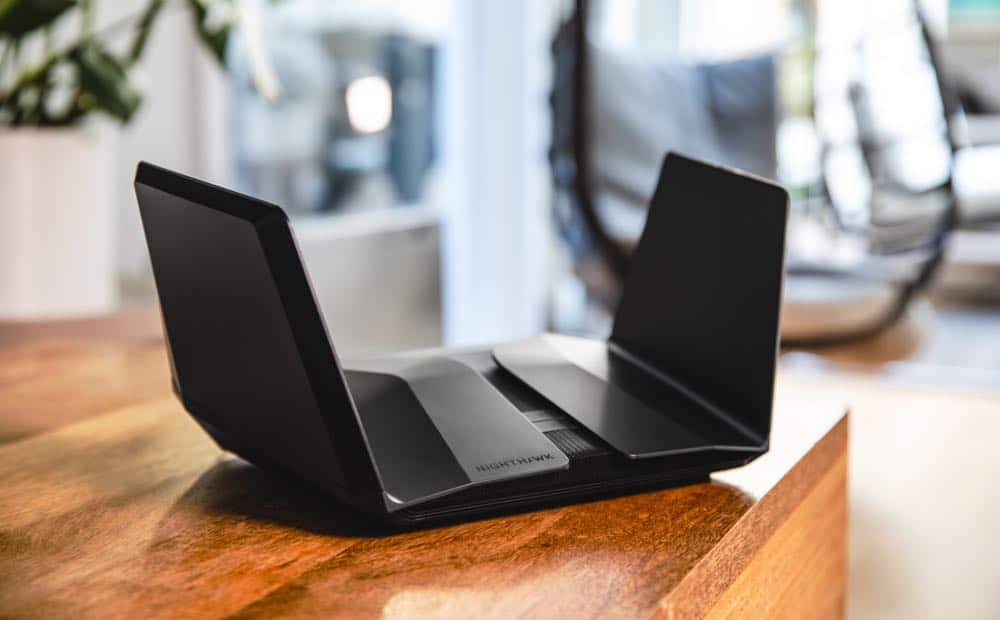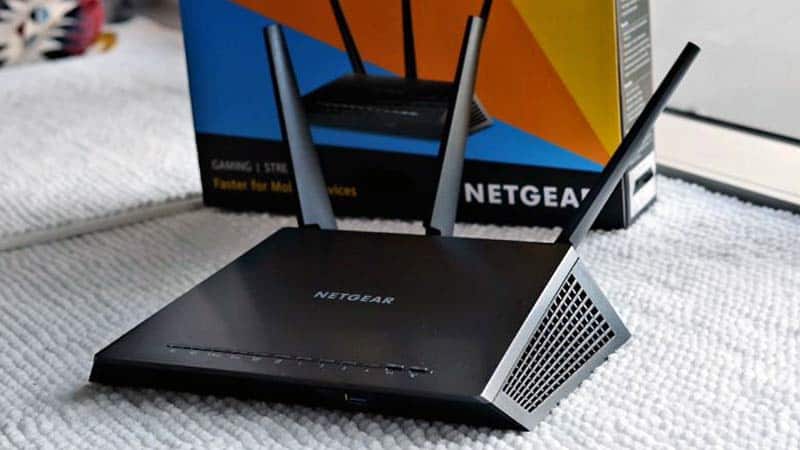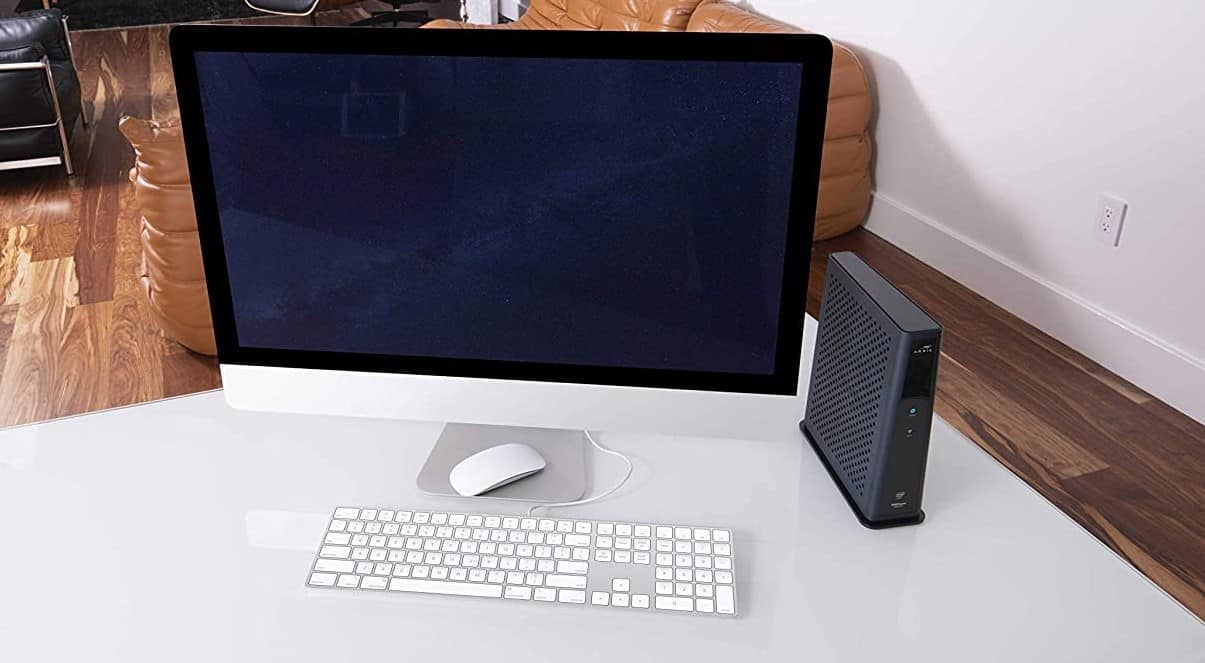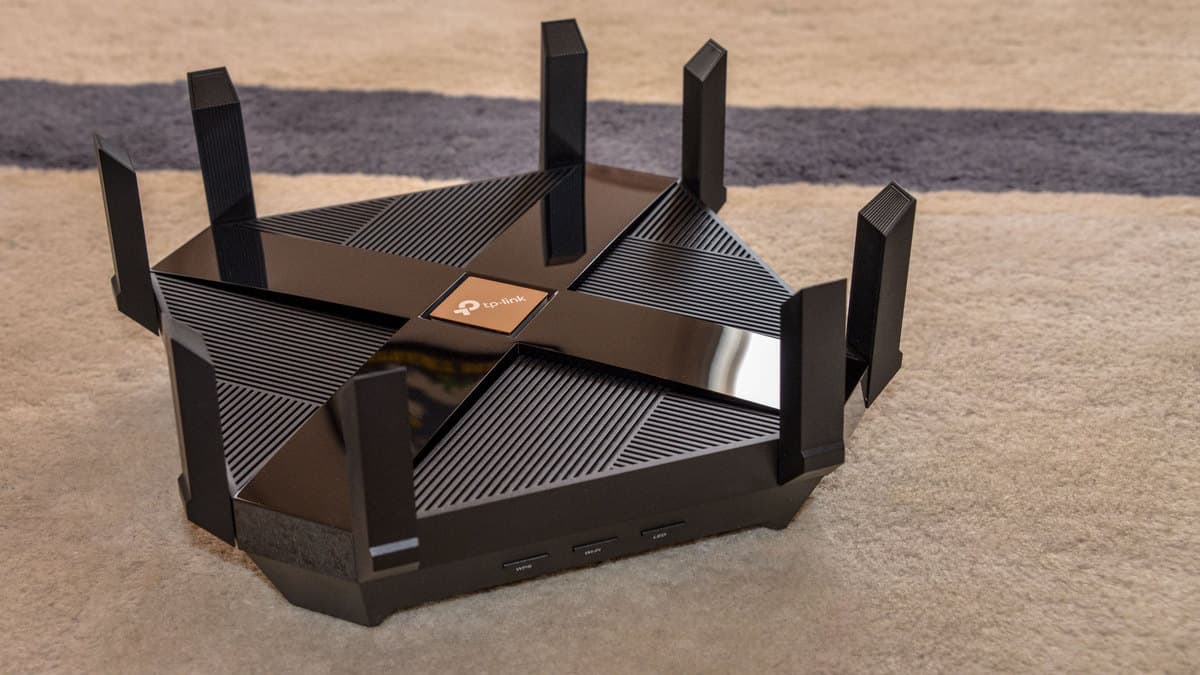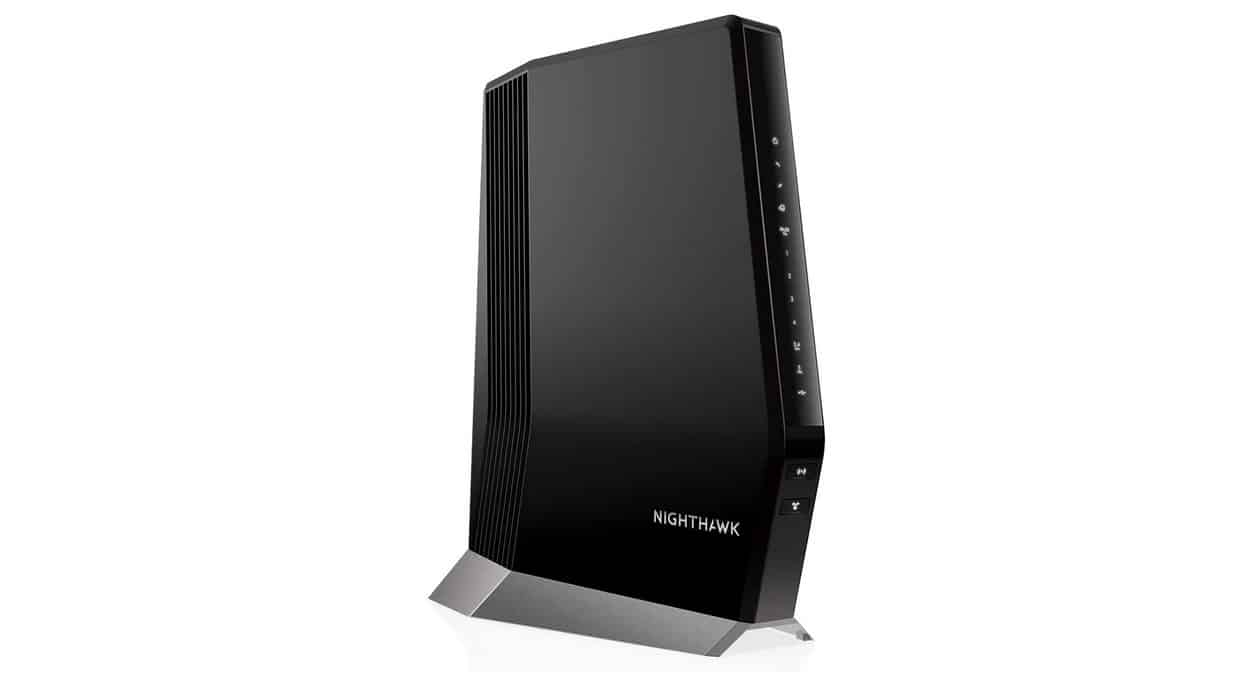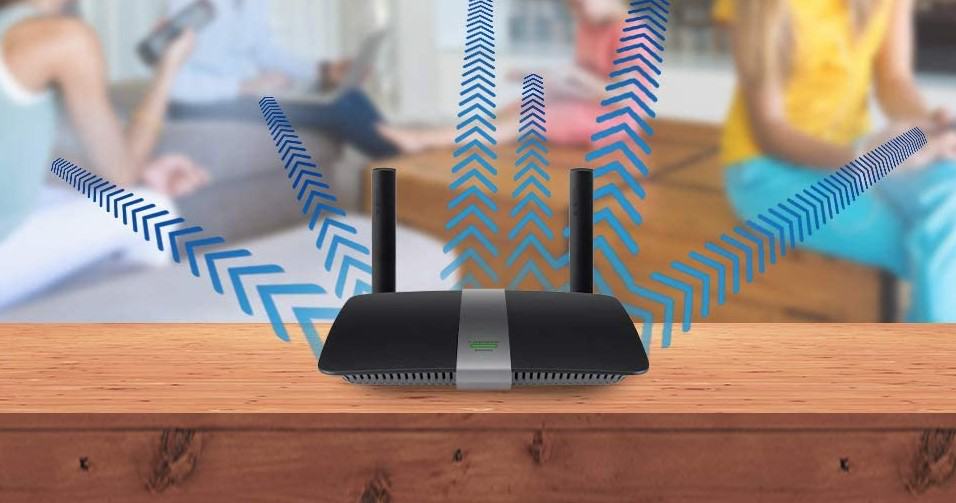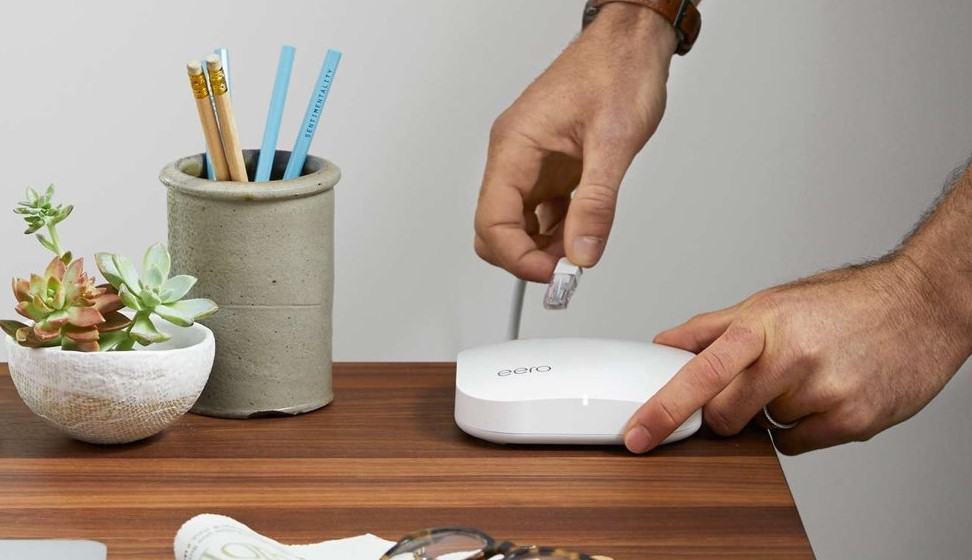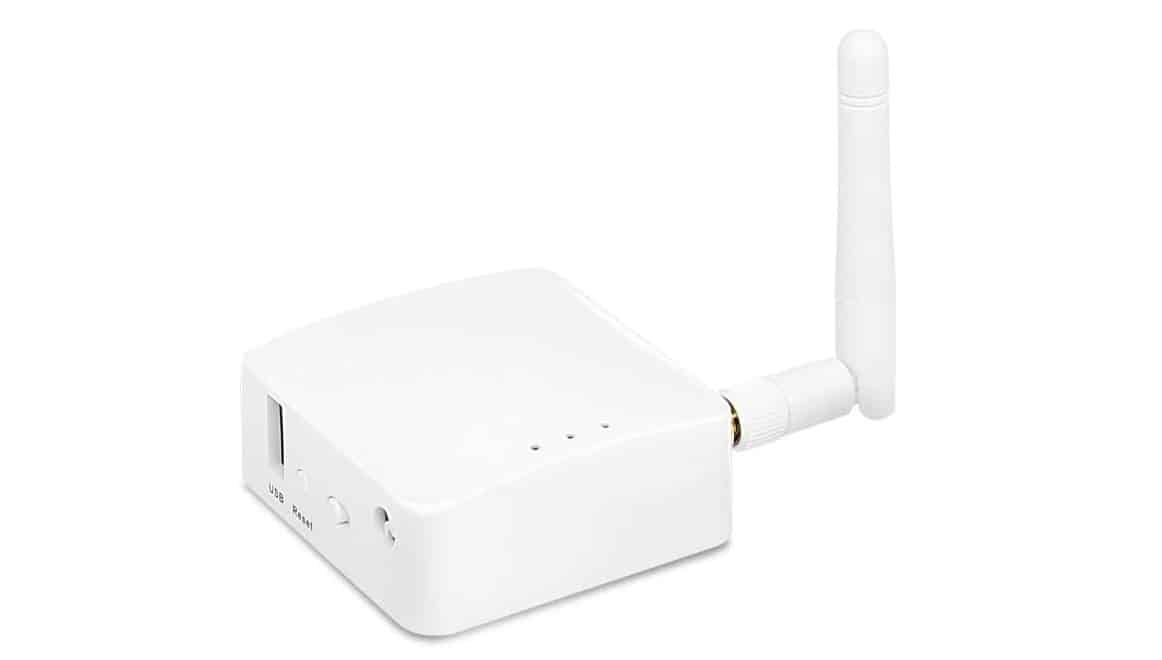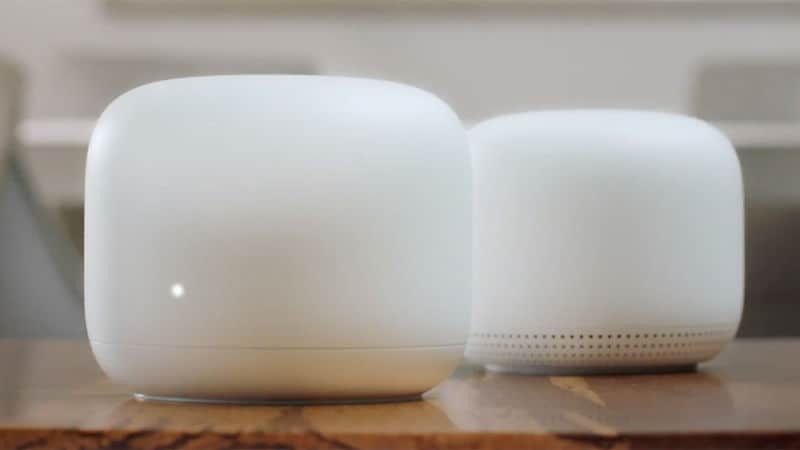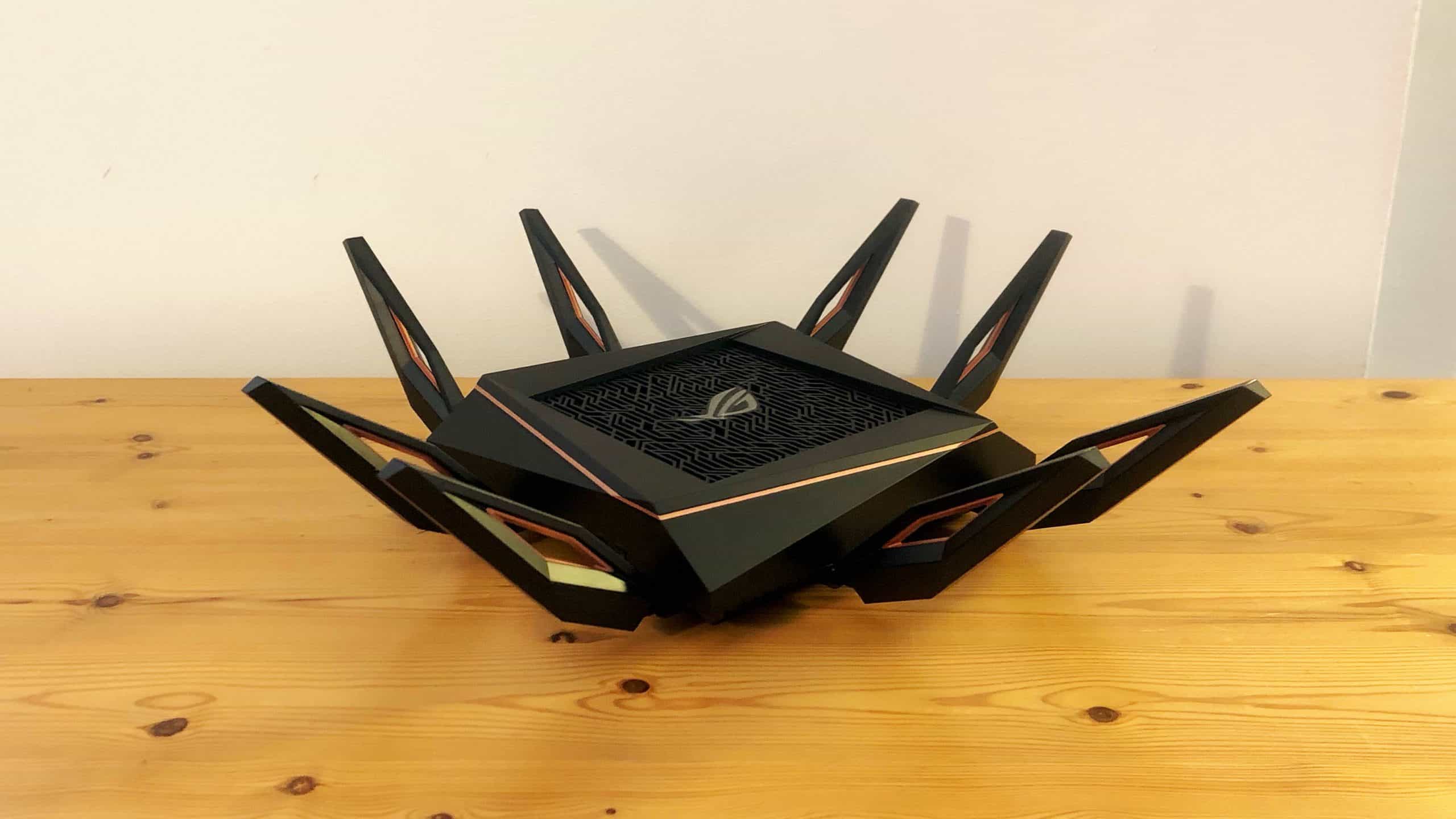If you are worried about malware and other icky wireless network scenarios, you may want to learn how to protect WiFi from hackers. The best routers, after all, are still susceptible to nefarious agents of chaos, otherwise called hackers. How to protect yourself and your network from their machinations? Keep reading to find out.
KEY TAKEAWAYS:
- You never want hackers allowed in your WI-Fi network, as they’ll likely steal your personal information and drop off malware.
- Begin protecting your Wi-Fi network by changing up your network Wi-Fi passwords, including the admin password, and any other network-related information. Never repeat passwords, use a strong password, and think about using a password manager.
- You should also head into the router settings page and enable encryption or change up the type of encryption you are using.
How to Secure a Router From Hackers
Hackers are a sneaky lot, so it will be up to you to stay one step ahead of them. This is especially true if you just purchased an expensive new fiber router and find it has been infected with malware and is essentially unusable.
Insider Tip
Immediately change the default password as soon as you power on a router after unboxing.
Of course, each router is different and there are a number of different ways to approach amping up your security to protect from hackers. Here are a few methods to think about.
Method 1 – Change Passwords and Related Information
When you are learning how to change router security settings, your first step should be to change network passwords and related information. When you receive your router, before even using it, change from the default password and default network name. Choosing a new password? Go for something random, lengthy, and filled with symbols, numbers, and letters with differing capitalizations. Also, change up your network name. Repeat this process every 90 days or so.
Method 2 – Enable Encryption
Head into the router’s settings or admin control panel and enable encryption or change up the encryption type to increase overall network security. To reach the settings page, find the router’s public IP address, which is located on the exterior of the device. Next, input this address into a web browser. Have your password and network name handy, along with any other necessary login credentials. Find the encryption section of the settings page, enable it, and save your changes.
Delete Guest Networks
Guest networks are great for short-term visitors, but they are also great for mustache-twirling hackers. Delete these guest networks and any other hidden networks that are part of your router’s overall system. You should also delete any networks you no longer use. Basically, the goal here is to eliminate any entrances into your network by roving gangs of detestable hackers. While you are at it, disable auto-connect so your computer won’t be susceptible to hackers while on another network.
F.A.Q.S
How to enhance your home wireless network security?
Think about using a private network and change the default username immediately. Also, keep an eye on any connected mobile devices.
Are your home security cameras vulnerable to hacking?
Yes, security cameras are vulnerable to hackers, as are all mobile devices, smart devices, and even a smart credit card. Change passwords often and never use a weak password on your Wi-Fi network or connected devices.
Can a router be hacked?
Both router and a Wi-Fi network can be hacked by connected devices. Hackers leave malware in a router, which replaces the firmware updates and allows for automatic updates of privacy-stealing software.
STAT: Recent reports estimate that there will be between 20 and 30 billion Internet-connected devices by 2020. Many people are familiar with computers, tablets, smartphones, and wireless Internet. Now other “smart” devices, like televisions, home security cameras, and even refrigerators, connect to the Internet. (source)
REFERENCES:
- https://www.varonis.com/blog/7-wi-fi-security-tips-avoid-being-easy-prey-for-hackers/
- https://www.avast.com/c-prevent-router-hacks
- https://www.netspotapp.com/blog/wifi-security/7-ways-to-stop-a-wifi-hacker.htmlr
- https://www.consumer.ftc.gov/articles/how-secure-your-home-wi-fi-network
- https://www.ag.state.mn.us/consumer/publications/HowtoProtectYourselfAgainstHackers.asp

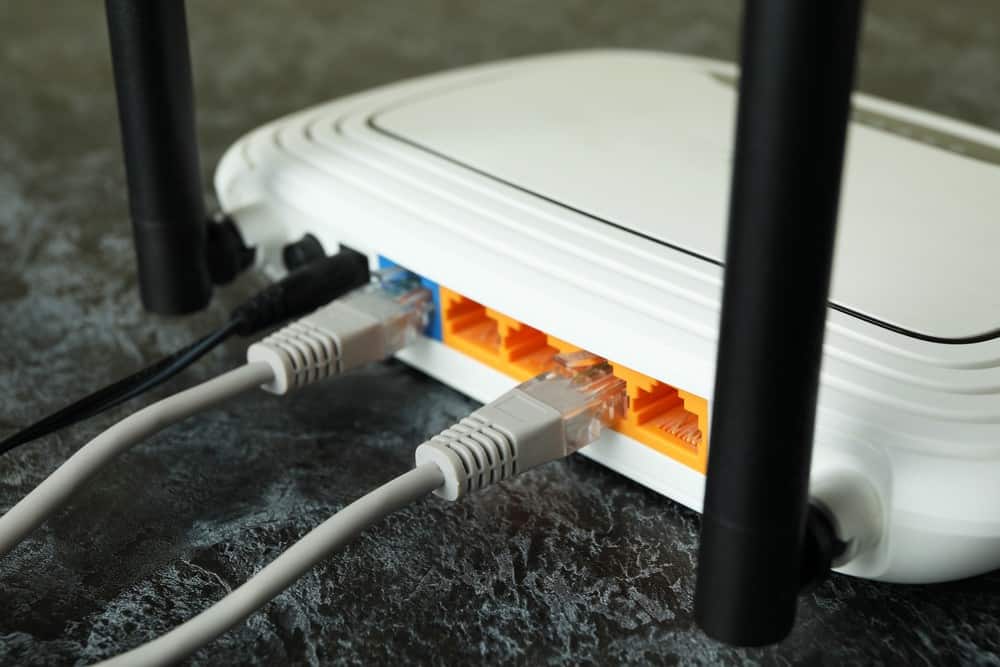













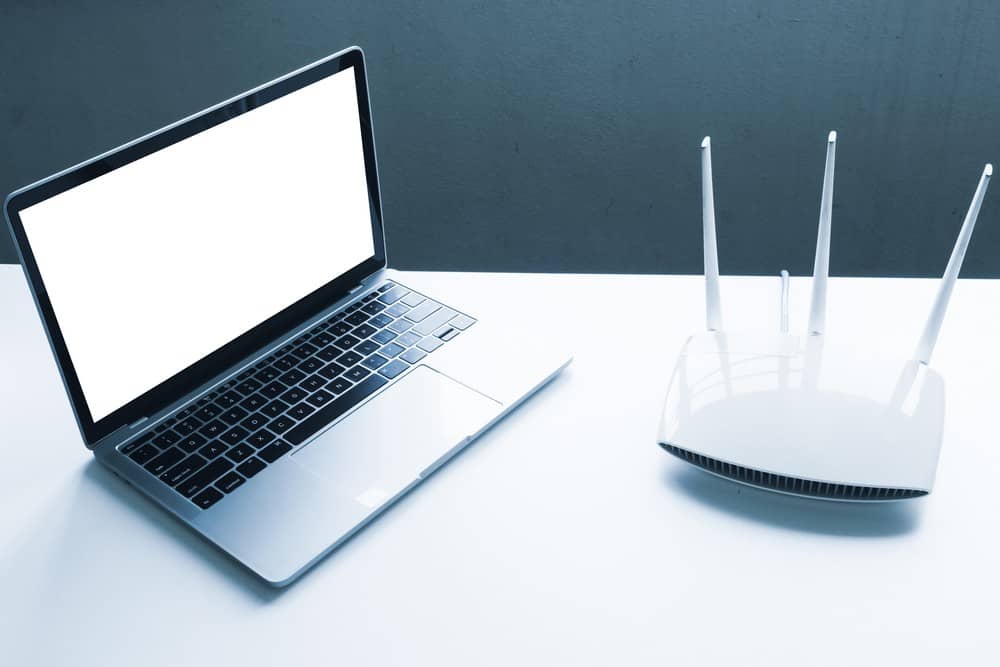
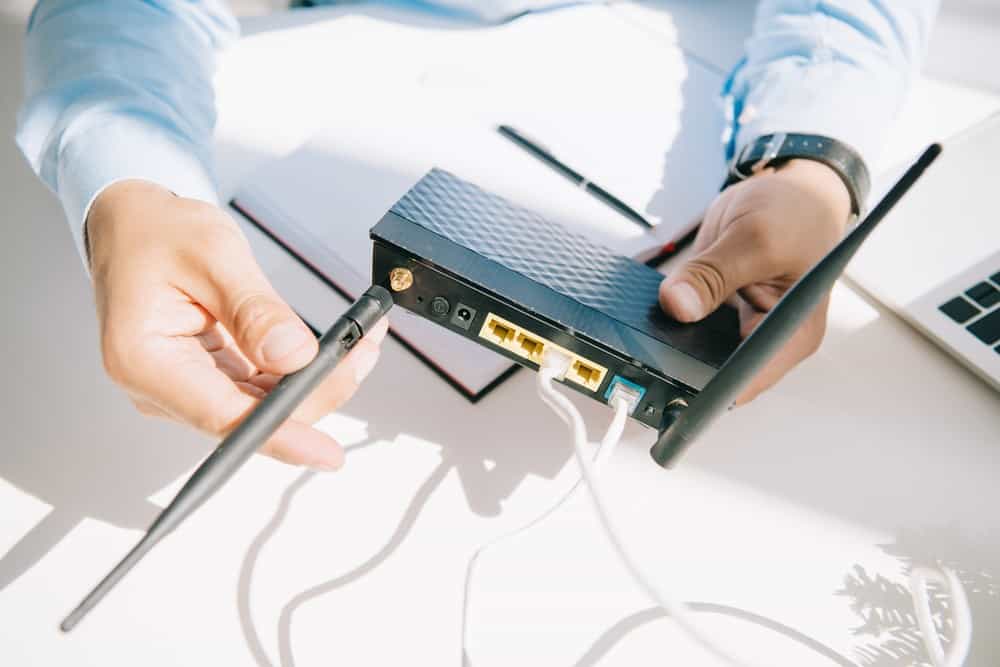
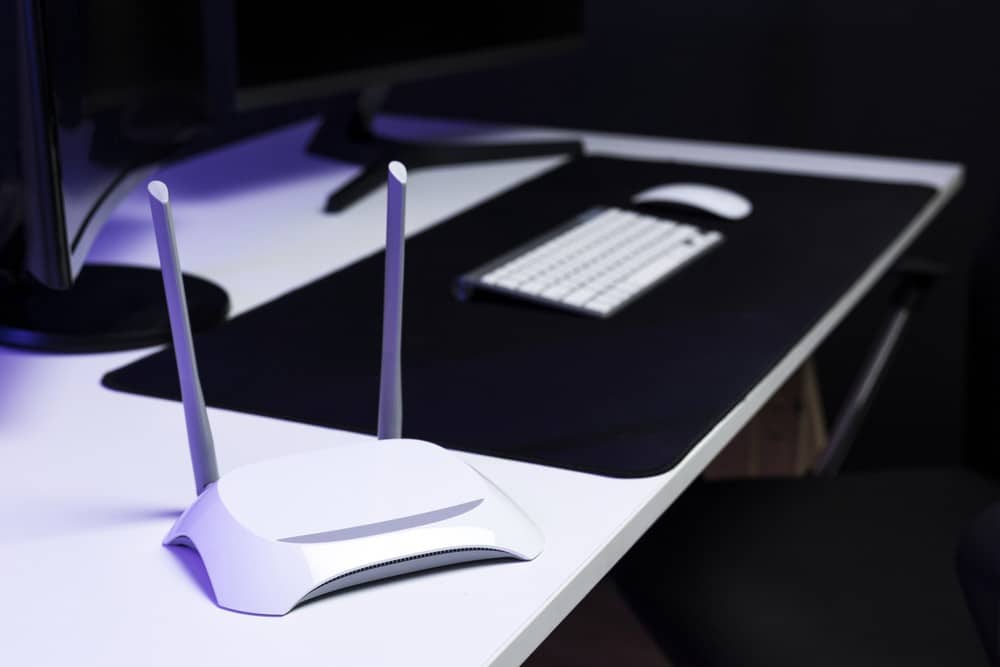
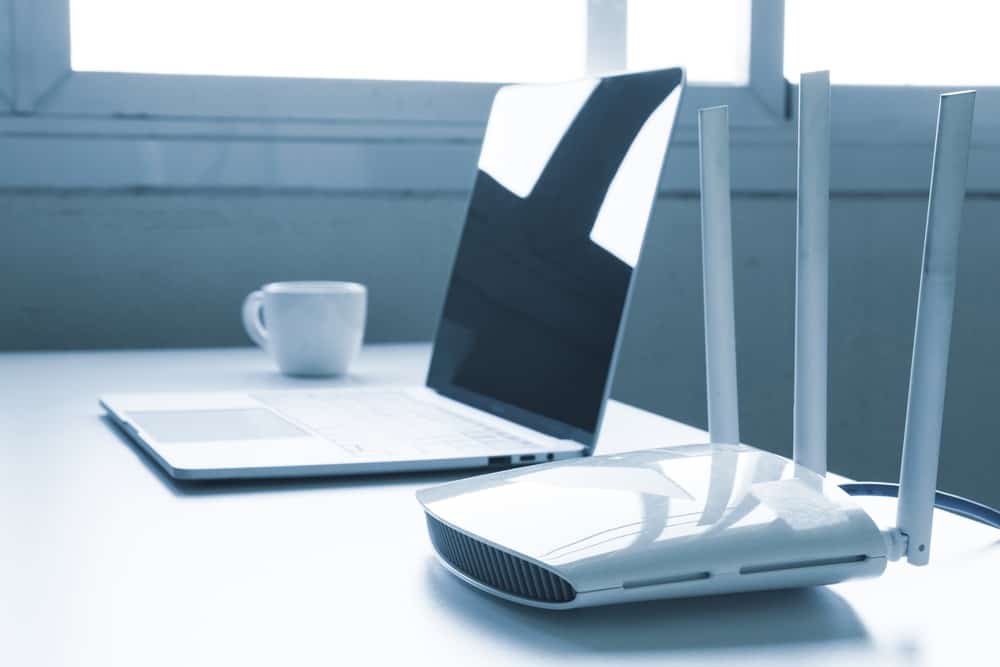

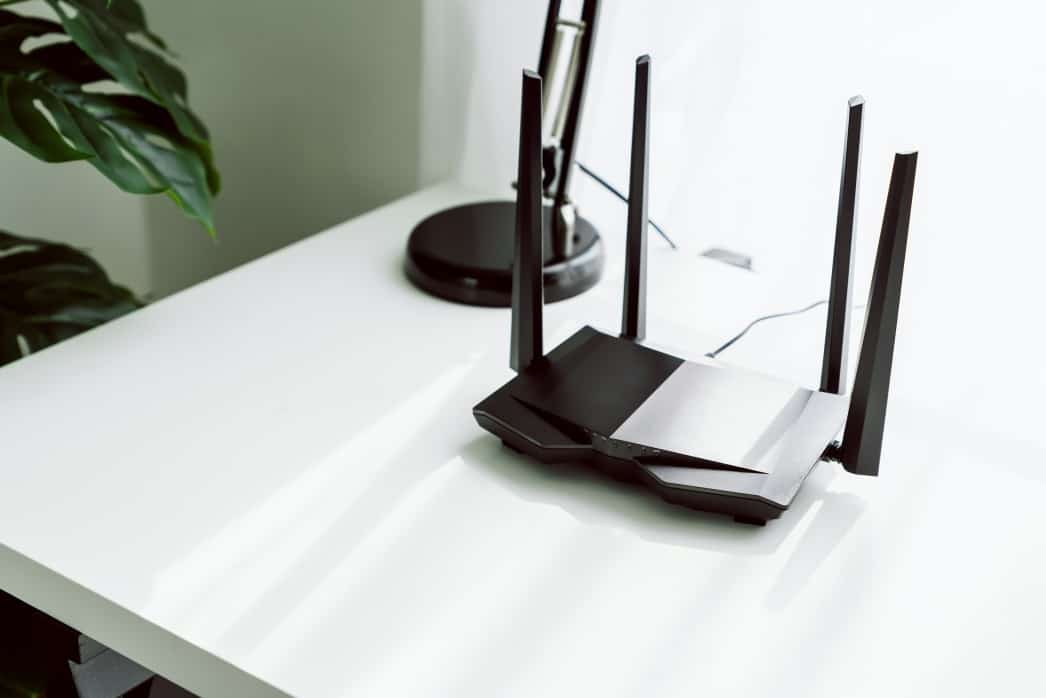
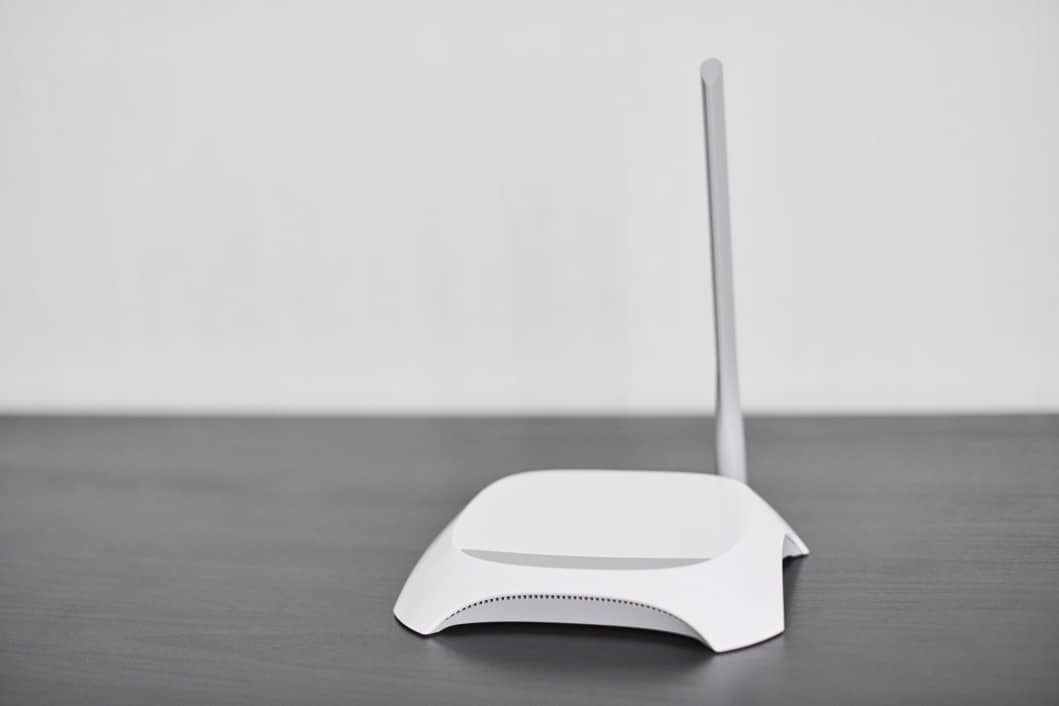
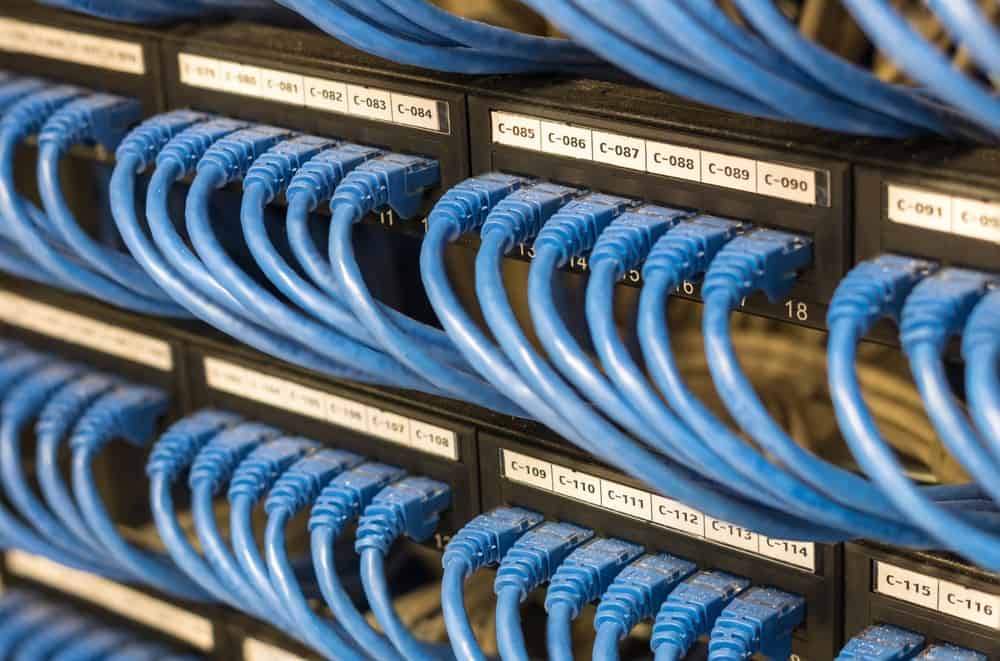
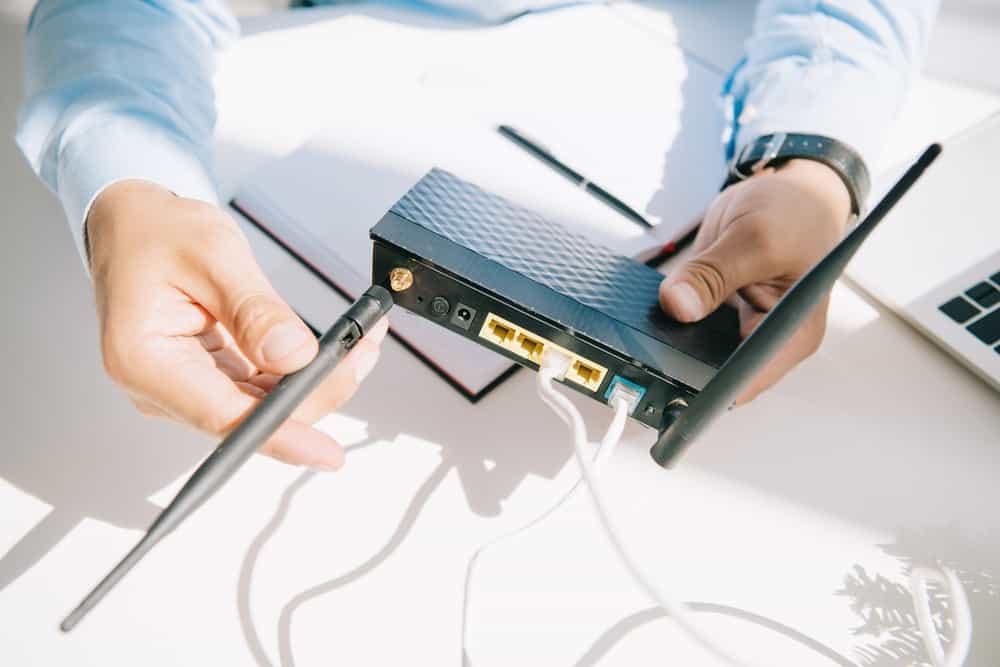
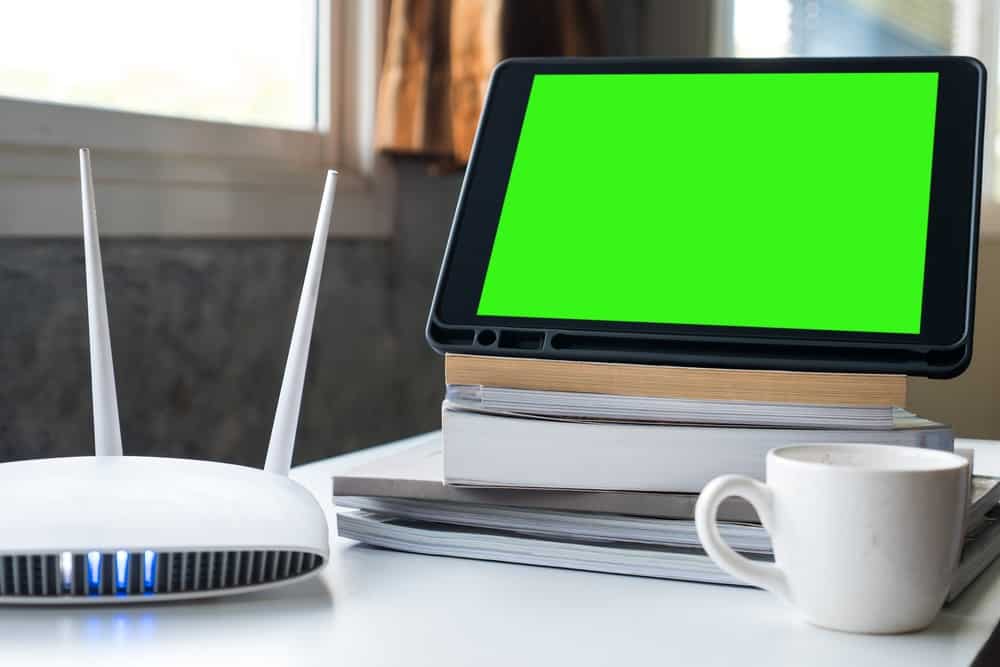
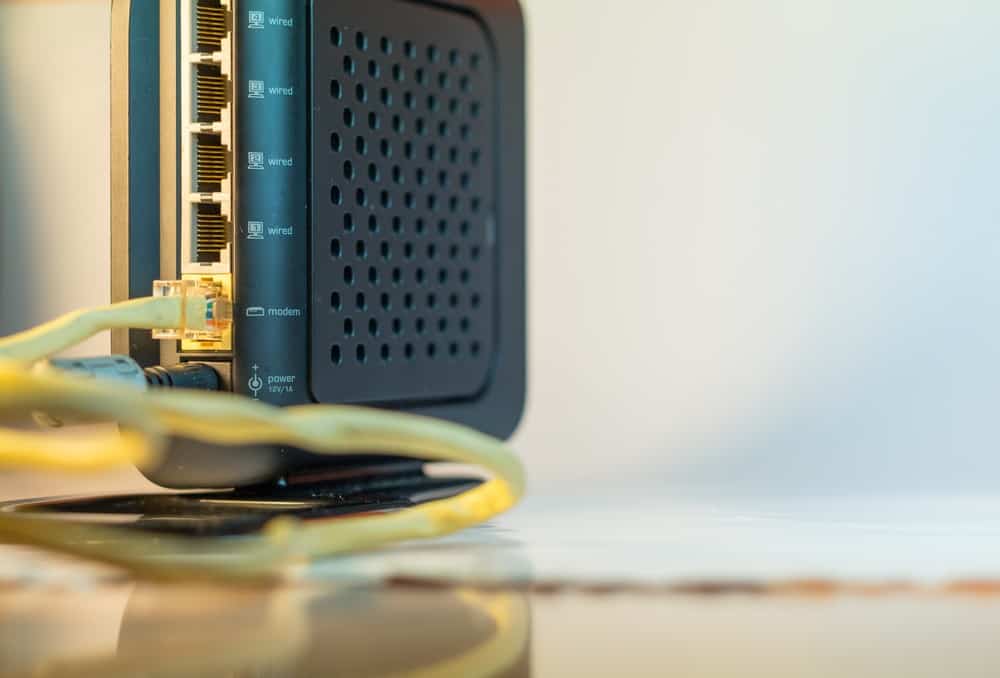

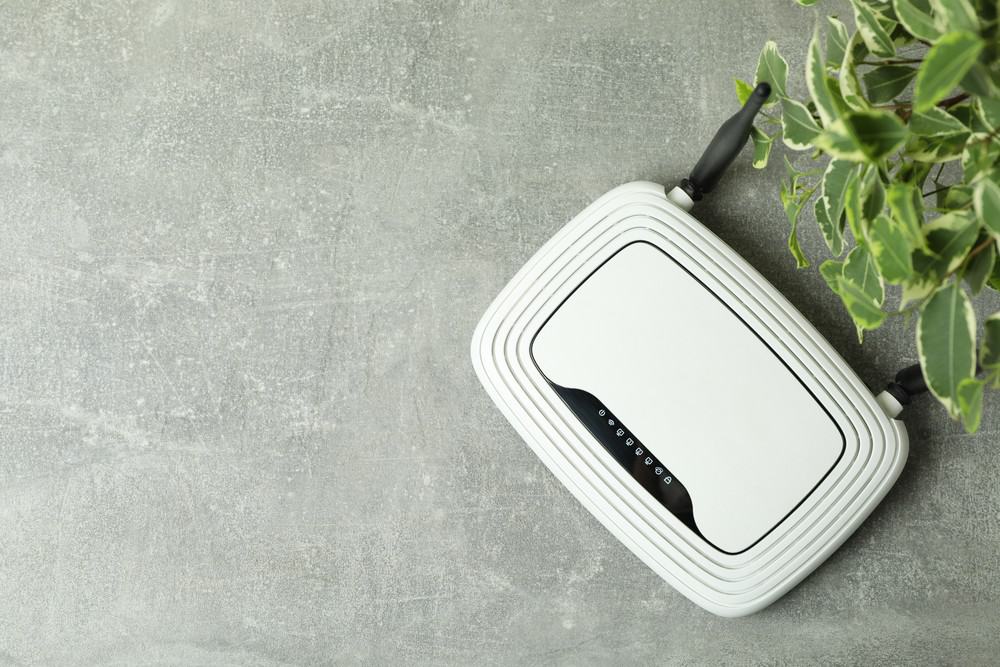
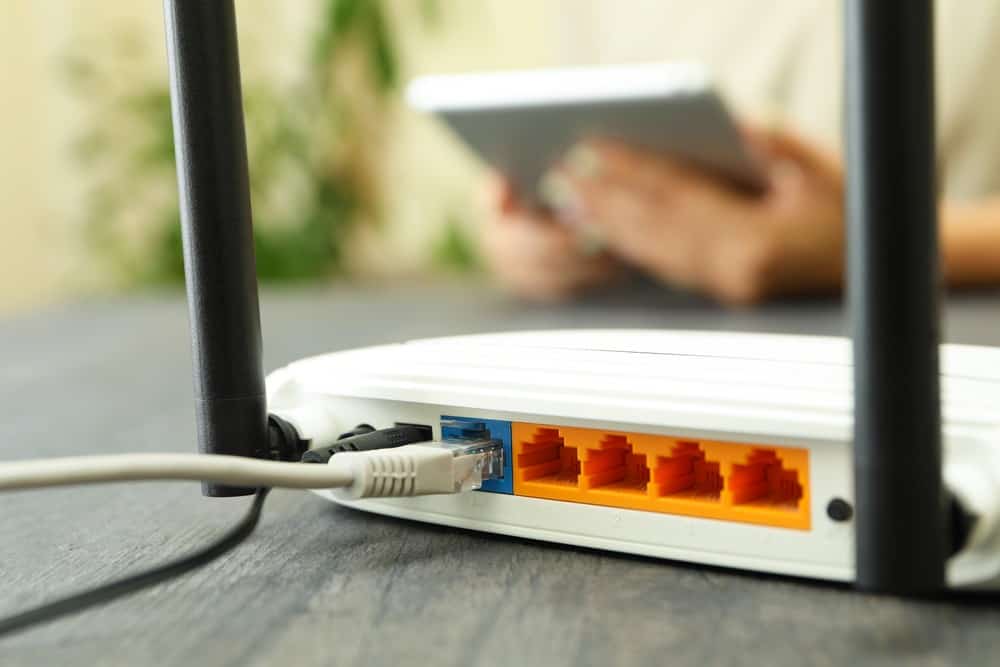
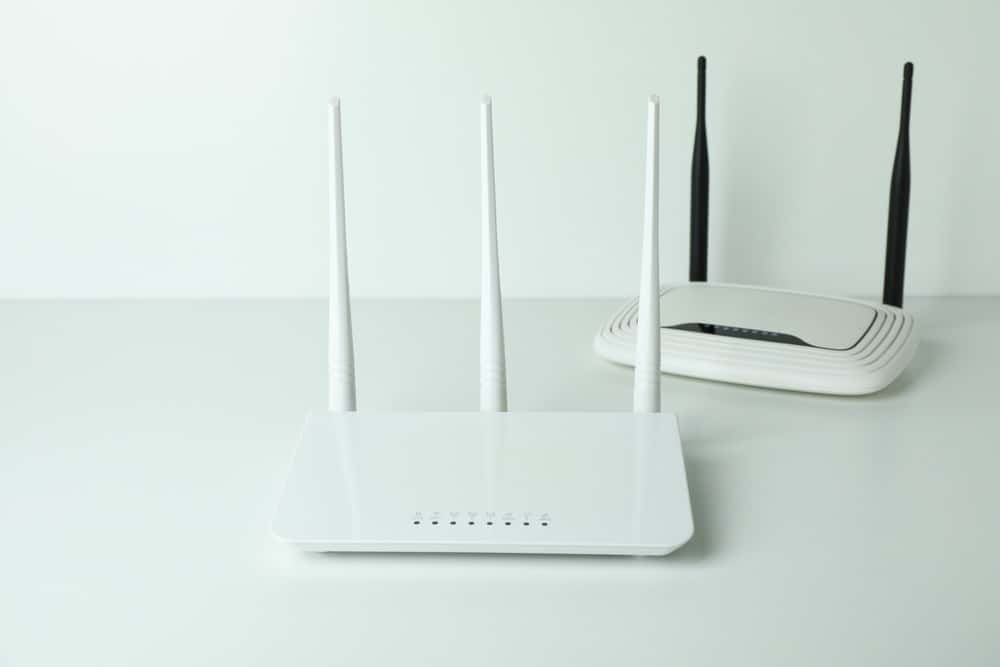
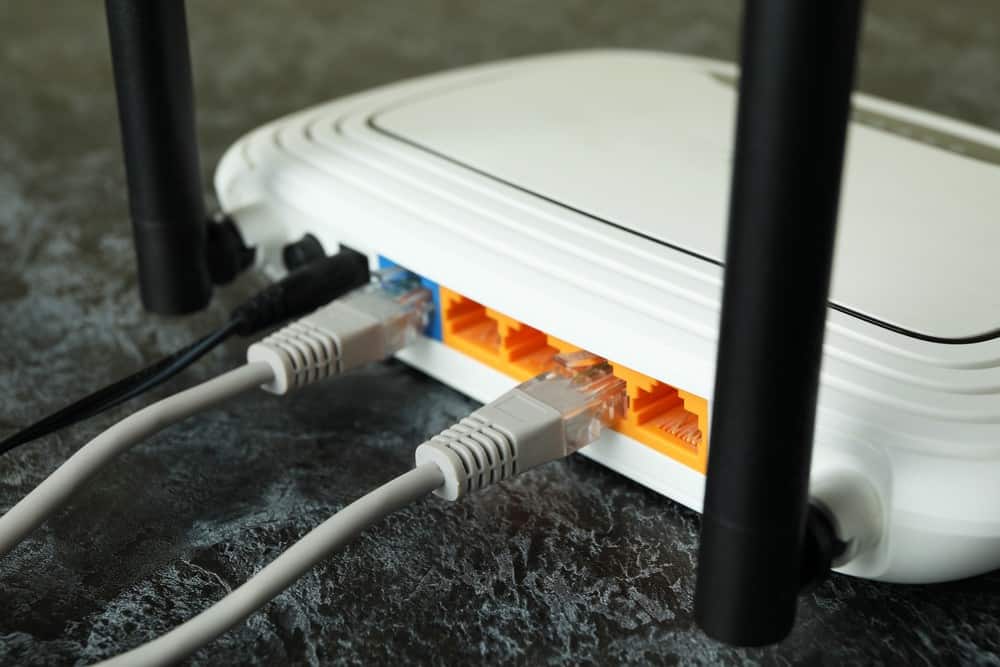
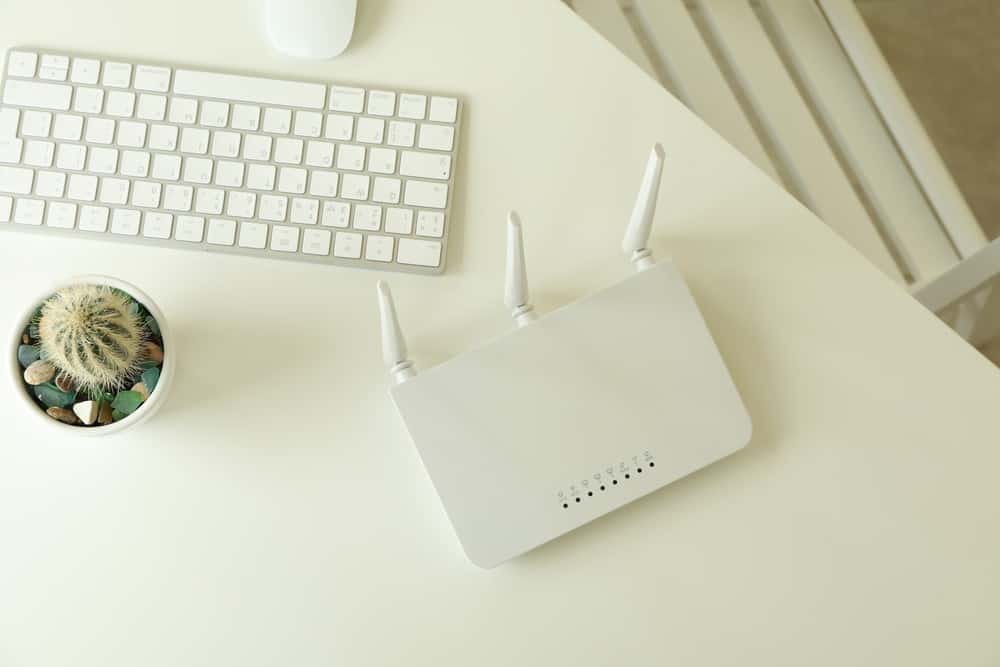
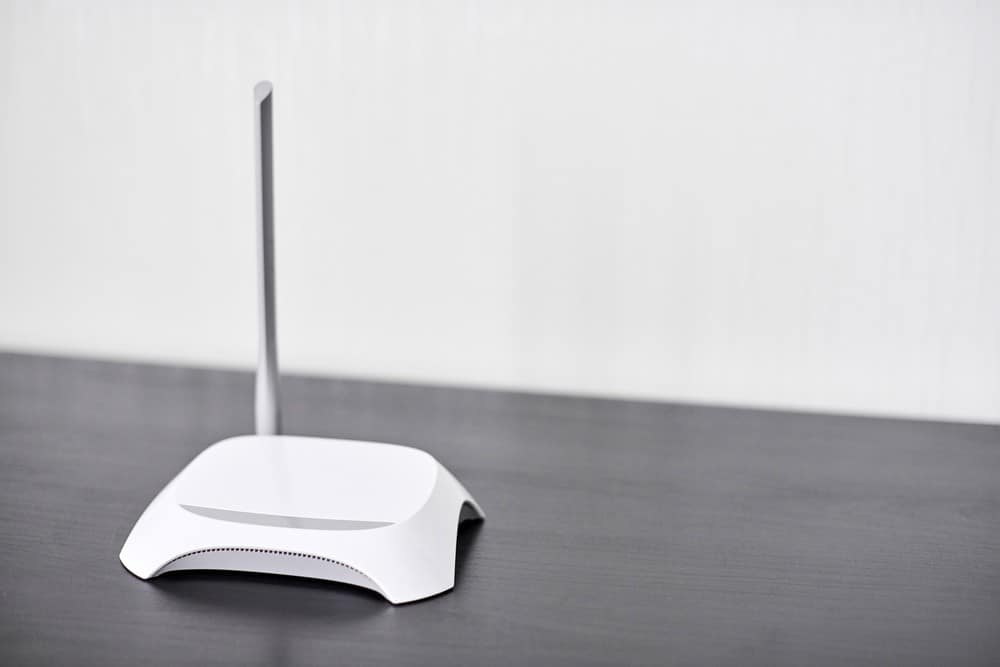
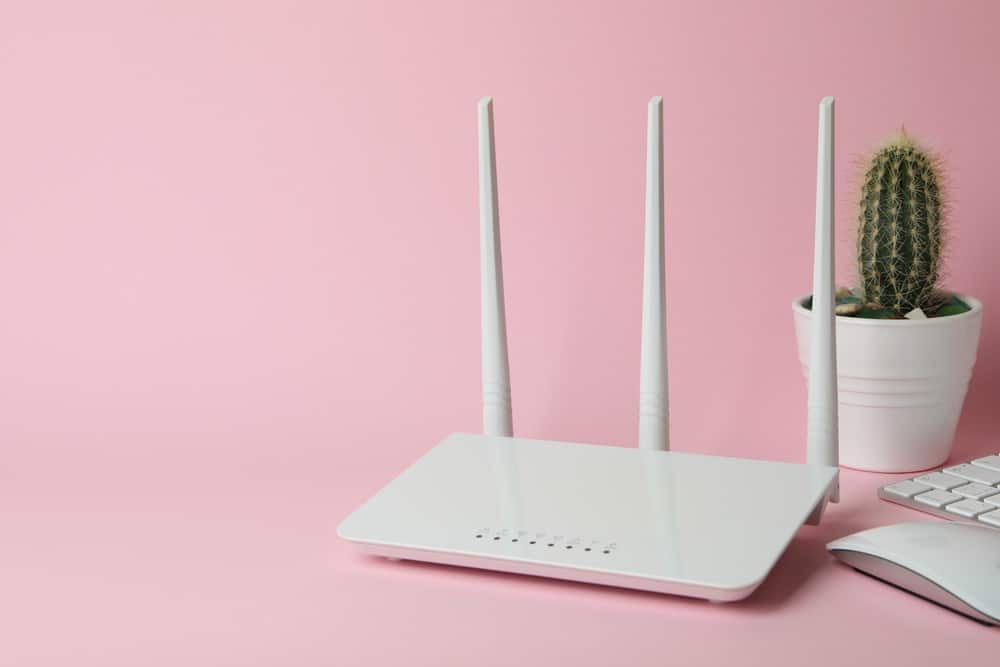
![Best BenQ Monitors in [year] 27 Best BenQ Monitors in 2026](https://www.gadgetreview.dev/wp-content/uploads/best-benq-monitor-image.jpg)
![Best Wifi Extenders For FiOS in [year] 28 Best Wifi Extenders For FiOS in 2026](https://www.gadgetreview.dev/wp-content/uploads/best-wifi-extender-for-fios-image.jpg)
![Best Fiber Optic Routers in [year] 29 Best Fiber Optic Routers in 2026](https://www.gadgetreview.dev/wp-content/uploads/best-fiber-optic-router-image.jpg)
![Best VoIP Routers in [year] 30 Best VoIP Routers in 2026](https://www.gadgetreview.dev/wp-content/uploads/best-voip-router-image.jpg)
![Best Routers for 200Mbps in [year] 31 Best Routers for 200Mbps in 2026](https://www.gadgetreview.dev/wp-content/uploads/best-router-for-200mbps-image.jpg)
![Best Routers for Optimum in [year] 32 Best Routers for Optimum in 2026](https://www.gadgetreview.dev/wp-content/uploads/best-router-for-optimum-image.jpg)
![Best Routers for Apple in [year] 33 Best Routers for Apple in 2026](https://www.gadgetreview.dev/wp-content/uploads/best-router-for-apple-image.jpg)
![Best Routers for Frontier FIOS in [year] 34 Best Routers for Frontier FIOS in 2026](https://www.gadgetreview.dev/wp-content/uploads/best-router-for-frontier-fios-image.jpg)
![Best Secure Routers in [year] 35 Best Secure Routers in 2026](https://www.gadgetreview.dev/wp-content/uploads/best-secure-router-image.jpg)
![Best Routers for Google Fiber in [year] 36 Best Routers for Google Fiber in 2026](https://www.gadgetreview.dev/wp-content/uploads/best-router-for-google-fiber-image.jpg)
![Best Routers for Cox in [year] 37 Best Routers for Cox in 2026](https://www.gadgetreview.dev/wp-content/uploads/best-router-for-cox-image.jpg)
![Best Asus Routers in [year] 38 Best Asus Routers in 2026](https://www.gadgetreview.dev/wp-content/uploads/best-asus-routers-image.jpg)
![Best Linksys Routers in [year] 39 Best Linksys Routers in 2026](https://www.gadgetreview.dev/wp-content/uploads/best-linksys-routers-image.jpg)
![Best Routers for CenturyLink in [year] 40 Best Routers for CenturyLink in 2026](https://www.gadgetreview.dev/wp-content/uploads/best-router-for-centurylink-image.jpg)
![Best WiFi Routers for Multiple Devices in [year] 41 Best WiFi Routers for Multiple Devices in 2026](https://www.gadgetreview.dev/wp-content/uploads/best-wifi-router-for-multiple-devices-image.jpg)
![Best Wired Routers in [year] 42 Best Wired Routers in 2026](https://www.gadgetreview.dev/wp-content/uploads/best-wired-router-image.jpg)
![Best Routers for 4K Streaming in [year] 43 Best Routers for 4K Streaming in 2026](https://www.gadgetreview.dev/wp-content/uploads/best-router-for-4k-streaming-image.jpg)
![Best Cisco Routers in [year] 44 Best Cisco Routers in 2026](https://www.gadgetreview.dev/wp-content/uploads/best-cisco-routers-image.jpg)
![Best eero Routers in [year] 45 Best eero Routers in 2026](https://www.gadgetreview.dev/wp-content/uploads/best-eero-routers-image.jpg)


